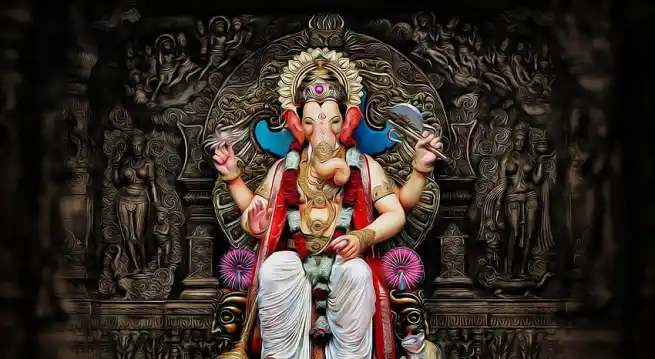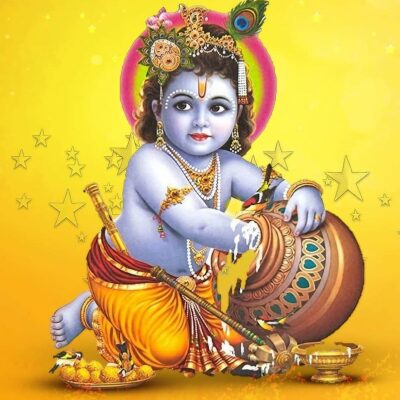Mysore Palace Lakshmiramana Swamy Temple – Karnataka

Address
Mysore Palace Lakshmiramana Swamy Temple – Karnataka
Agrahara, Chamrajpura, Mysore,
Karnataka 570004
Moolavar
Lakshmiramana Swamy
Amman
Lakshmi
Introduction
- Location: Inside the Mysore Palace, in the western part of the fort near the Residential Museum.
- Deity: Main deity is Lakshmiramana Swamy (a form of Lord Vishnu), depicted holding the discus and the conch. A 4-feet idol of Lakshmiramana is installed here.
- Renovation: The temple tower was added in 1851. The original grant for the temple dates back to 1499, granted by Vijayanagara King Narasa Nayaka.
Puranic Significance:
- First Legend (Poisoned Water Incident):
- A Karugahalli chieftain defeated by Raja Wodeyar sought revenge by bribing the temple priest to poison the holy water offered to the King.
- The priest’s hands trembled, and upon questioning, confessed to the plan. Despite consuming the poisoned water, Raja Wodeyar remained unharmed, thanks to his faith in Lord Lakshminarayana.
- The priest was transferred to another temple, the chieftain was defeated, and his wealth was offered to Goddess Chamundeshwari. Raja Wodeyar later built the Mahadwara with a tall gopura and golden finials as a token of gratitude.
- Second Legend (Cure of the Blind Brahmin):
- In 1599, a half-blind Brahmin was cured of his blindness with the help of Raja Wodeyar‘s intercession.
- To commemorate this miracle, the Maharaja installed a 2-feet statue of himself in the temple, standing with folded hands.
Special Features:
- Inscription (1851): The inscription inside the temple dates November 30, 1851, recording that Krishnaraja Wodeyar III renovated the tower over the Mahaswara (main entrance), originally built by Raja Wodeyar.
- Statue of Raja Wodeyar: A 2-feet statue of Raja Wodeyar is placed to the right in the Prakara.
- Main Deity:Nambinarayana (form of Lord Vishnu), holding the discus and conch in the sanctum sanctorum.
- A statue of Goddess Lakshmi is installed in a separate cell to the right.
- Lord Venugopala: A 4-feet statue of Lord Venugopala is displayed.
- Kantirava Narasaraja Wodeyar: Built a magnificent mantapa in the rear of the temple (during his reign, 1638-1659).
- Historical Significance:
- The temple was the venue for the coronation of the 5-year-old Krishnaraja Wodeyar III in 1799, following the death of Tipu Sultan. The British placed the child king on the throne in this temple, as there was no other suitable venue.
Location and Layout:
- The temple is situated at the western end of the Mysore Palace, near the Residential Museum.



Century/Period
1851
Managed By
Government of Karnataka
Nearest Bus Station
Mysore
Nearest Railway Station
Mysore
Nearest Airport
Mysore, Bangalore









